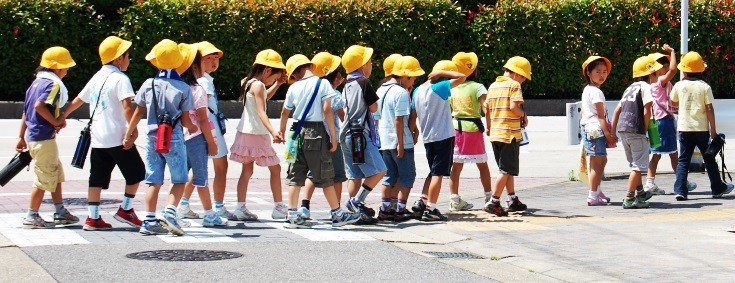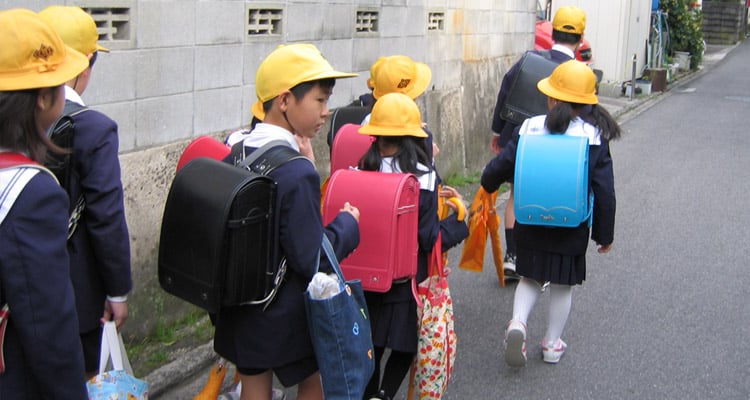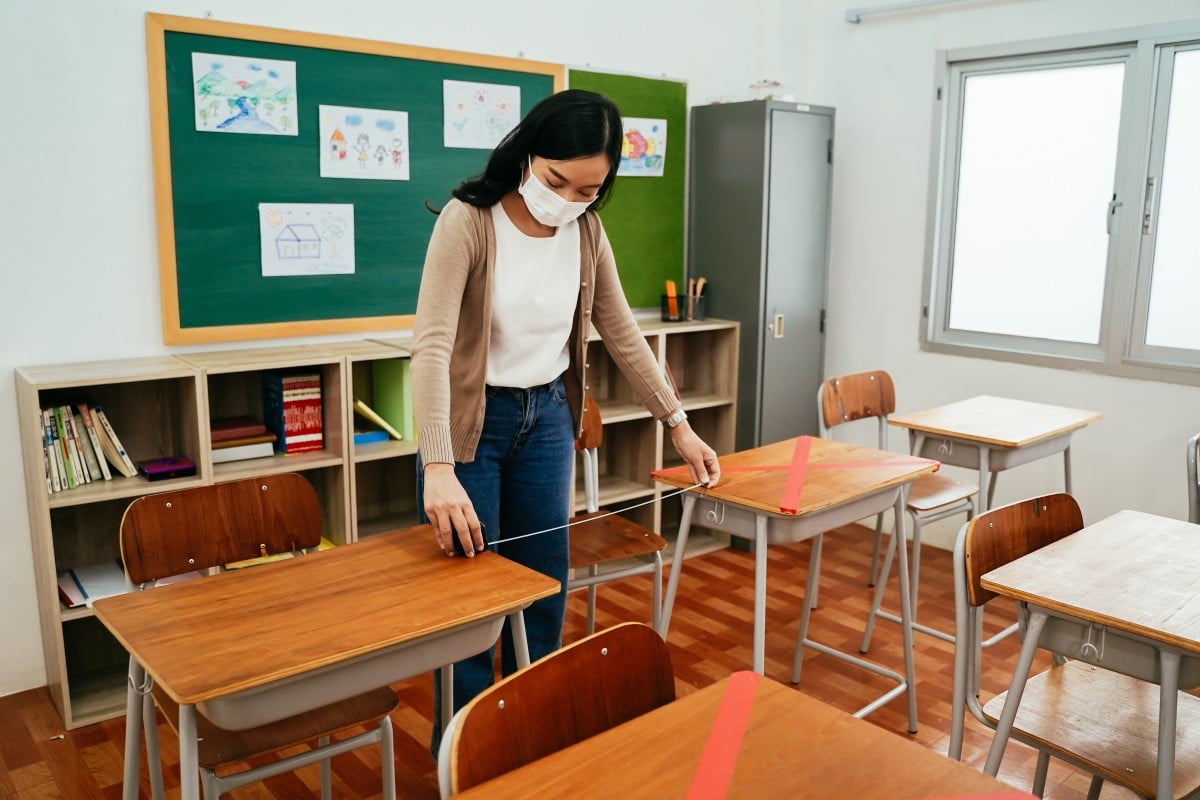The kindergarten in Japan, known as “yōchien” (幼稚園), is an early childhood education space that aims to provide a welcoming and stimulating environment for children between 3 and 6 years old.
This crucial phase of life is marked by rapid cognitive, emotional and social development, and it is essential to establish a solid foundation for lifelong learning and well-being.
In this article, we'll explore the unique characteristics of Japanese kindergartens, including their holistic and integrated approach, focus on socialization, and the importance of outdoor education.
We also recommend reading:
- How are schools in Japan? 50 Curiosities and Rules
- The development of Japanese children
- Children go to and from schools alone in Japan! Because?
Índice de Conteúdo
Holistic and integrated approach to education
The holistic and integrated approach adopted by kindergartens in Japan is one of the main aspects that differentiate their educational system. This perspective is reflected in the emphasis on cognitive, emotional, social and physical aspects of child development.
The first aspect of this approach is the appreciation of playful learning and creativity. In Japan, educators believe that children learn best through play, games and hands-on activities. These activities are carefully designed to engage and stimulate children's natural curiosity, encouraging exploration, experimentation and problem solving.
Another important element of this approach is the emphasis on emotional and social development. Japanese educators recognize the importance of creating a welcoming and inclusive environment where children feel safe and supported. This is achieved through practices such as “wa” (harmony), which promote cooperation, empathy and mutual respect between children and adults.
Finally, Japanese kindergartens are also concerned with the physical well-being of children. They include regular physical and recreational activities in the curriculum, as well as promoting healthy and balanced eating.

Focus on socialization and development of interpersonal skills
Socialization is a fundamental component of education in Japanese kindergartens. These learning spaces aim to develop interpersonal skills and promote the integration of children into society.
A common practice in Japan is “hannō no renshū” (繁忙の練習), which translates as “shaking practice”. This activity involves doing group tasks, teaching children to work together, share responsibilities and manage conflicts constructively.
Japanese kindergartens also value independence and personal responsibility. Children are encouraged to take care of their possessions, participate in everyday tasks and make decisions for themselves. This helps to develop self-management skills and self-confidence, preparing them to face future challenges.
Furthermore, educators in Japan promote moral education and cultural values. Through stories, activities and discussions, children learn about respect, gratitude, cooperation and other important values for living harmoniously in society.

The importance of outdoor education
Outdoor education plays an essential role in Japanese kindergartens. Educators recognize the developmental benefits of nature for children, and incorporate outdoor activities into their curriculum on a regular basis.
A common practice is “shizen kankyō no gakushū” (自然環境の学習), which means “learning in the natural environment”. Children explore their surroundings, observing plants, animals and natural phenomena such as the cycle of the seasons. These activities stimulate curiosity, appreciation for nature and environmental awareness.
Another popular activity is “soto asobi” (外遊び), or “outdoor games”. In addition to the physical and emotional benefits, outdoor play also encourages socialization, cooperation, and problem solving. Educators often organize group games and activities that promote communication skills and teamwork.
Finally, Japanese kindergartens also conduct excursions and visits to places of cultural and educational interest, such as parks, museums and temples. These activities help to enrich children's educational experience by providing opportunities to learn about history, culture and the environment outside the classroom.

The article is still halfway through, but we recommend also reading:
Conclusion
Kindergartens in Japan provide a unique and effective learning environment for preschoolers.
Its holistic and integrated approach, focus on socialization and interpersonal skills, and emphasis on outdoor education create a solid foundation for children's cognitive, emotional and social development.
By understanding and appreciating the importance of early childhood education, Japan is investing in the future of its citizens and society as a whole.







